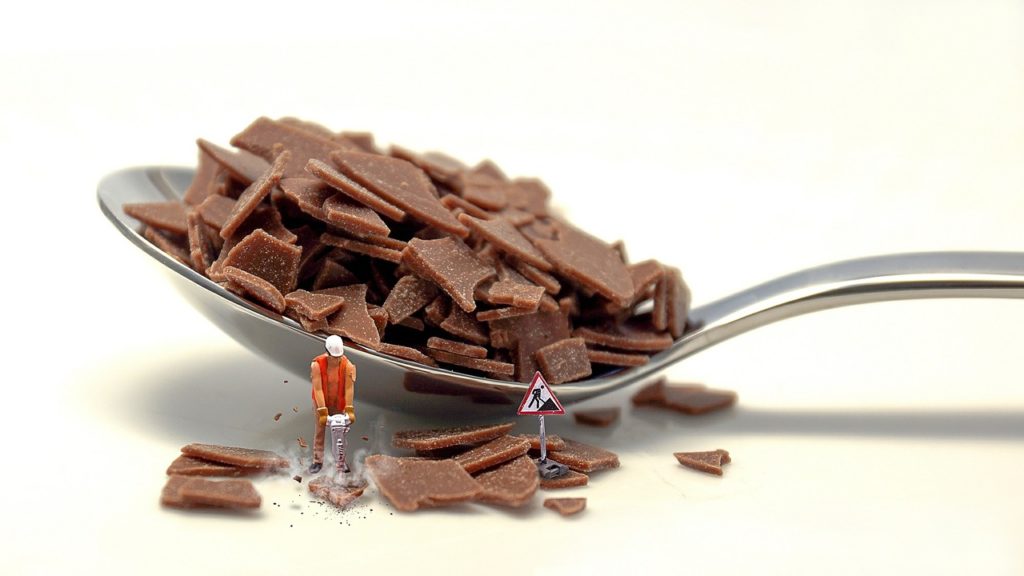Miguel from South Houston asked us this question: “Can or is Hypercontractile esophagus a cause for Dyspnea/shortness of breath? I have Jackhammer esophagus. I had fundoplication surgery 2 months ago and started eating solid food 2 weeks ago. I have a degree of dysphagia post-op which i never had before, but I am still manifesting breathing irritation/limitations which I need to get resolved. My surgeon said the surgery would correct this problem, but it has not been the case. I don’t have medical professionals in my community that know or can address this condition, hence my reaching out to you. Thank you”.
Dear Miguel,
Jackhammer esophagus or hypercontractile esophagus, also known as nutcracker esophagus, is a rare motility disorders characterized by intense esophageal spasm. The spasm can be severe causing patients to think they are having a heart attack. A number of medical conditions may result in dyspnea and shortness of breath including esophageal spasm. Other symptoms of hypercontractile esophagus include heartburn, food regurgitation and difficulty swallowing. The etiology and underlying cause of jackhammer esophagus are not well understood. Acid reflux may trigger esophageal spasms development. If you are diagnosed with a jackhammer esophagus in the setting of acid reflux, acid reflux control is recommended as it may be causing esophageal spasm. Nissen fundoplication surgery is the most reliable solution for GERD. Jackhammer esophagus, however, may not resolve following Nissen fundoplication. A number of medications are used to manage a hypercontractile esophagus like tricyclic antidepressants and smooth muscle relaxants like calcium channel blockers and Viagra. However, there is no consensus regarding the most effective medical treatment. Your acid reflux specialist may try more than one medication before settling on the most suitable medical regimen to your condition. Esophageal dilation and Botox injection may be used in select cases. Esophageal myotomy preferably in the form of POEM (Per Oral Endoscopic Myotomy) is indicated in severe cases refractory to medical therapy. Post-operative dysphagia may be secondary to a tight Nissen fundoplication or hypercontractile esophagus. I typically recommend waiting 3 months prior to balloon dilating the wrap if needed. You need to be evaluated by an acid reflux specialist with interest in esophageal motility disorders to benefit from the best treatment suitable to your condition.

